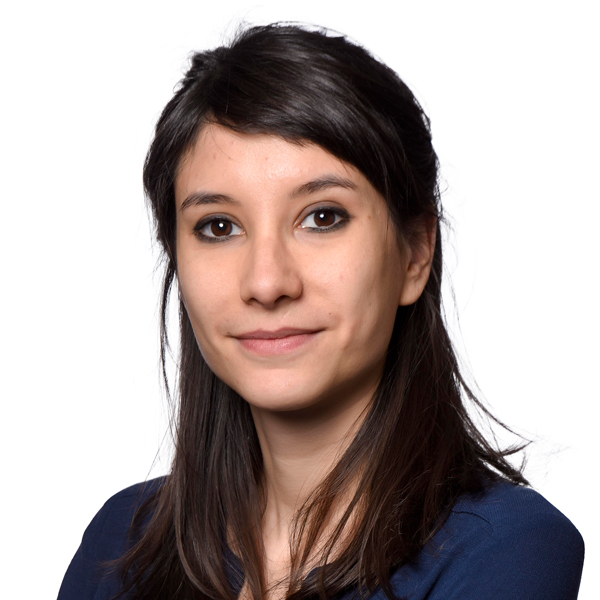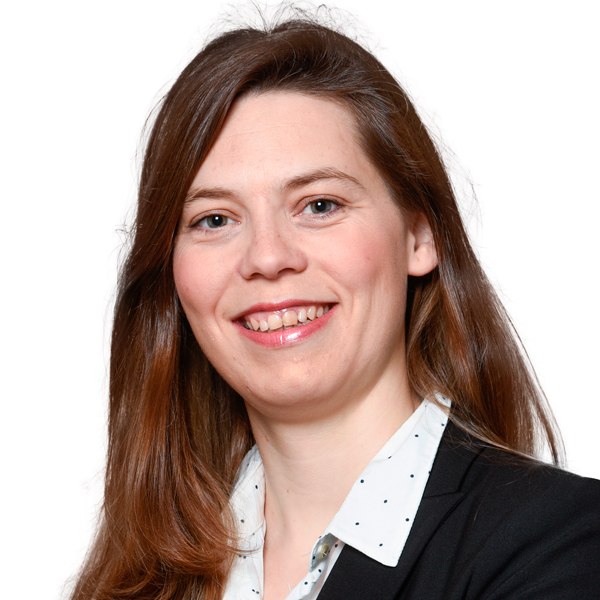Open science: one concept, different perspectives
Subject: Multidisciplinary
Elpub 2017, conference focused on open access research.
The 21st International Conference on Electronic Publishing was held in Limassol (Cyprus) from 6 to 8 June, bringing together researchers, librarians and scientific publishers to analyse the consequences of adopting open access policies at European universities, one of the recurring topics in current research communication.
In spite of the general acceptance of the benefits contributed by open access to the academic world, such as transparency, economic impact and access to knowledge throughout the research life cycle, full adoption and management plans for such access are still few and far between. Indeed, major differences are found in the concept of open access, depending on the cultural and historic environment prevailing in different parts of the world.
For Maria Boixadera, academic publishing coordinator at the UOC, this international conference has been an opportunity to "gain a polyhedral view of how open access is being applied from different cultural realities and starting points".
Highlights of the programme
- Alternatives to the methods for implementing the peer review process, in a context based on online collaboration technologies and tools.
- Open science to take Humanities papers to a broader audience, outside of the academic world, for example, through blogs.
- The challenges that must be addressed to transition toward open access, meeting the goal set by the Council of the European Union.
- A group of Greek researchers submitted proposals for contributing to the altmetrics (alternative metrics) used to assess the impact of academic papers.
- The analysis of the data management services in France was presented.
- A proposal for managing the institutional repository in order to ensure accurate reporting on the degree of open access compliance, presented by researchers from the University of Jyväskylä, Finland.
- Development of an academic publishing service, Continuum, for Cambridge University.
Knowledge opportunities in an asymmetric world
The keynote lecture, entitled Tapping knowledge globally: open access and mobile objects in an asymmetric world, given by the researcher Hebe Vesurri, discussed the differences between North and South with respect to the concept of open access. Vesurri argued that in the North, it is considered an alternative route for counteracting the de facto powers in the assessment of scientific output, to the point of becoming a revolutionary factor. In the South, on the other hand, open access is viewed as a mechanism for mass communication and cooperation between countries for collaborative, supportive research.



